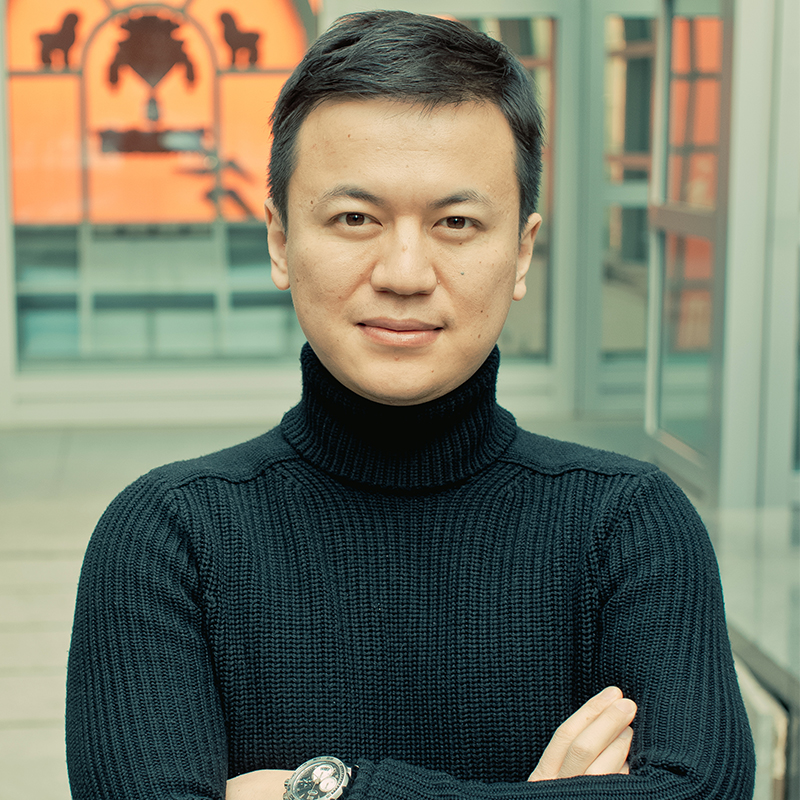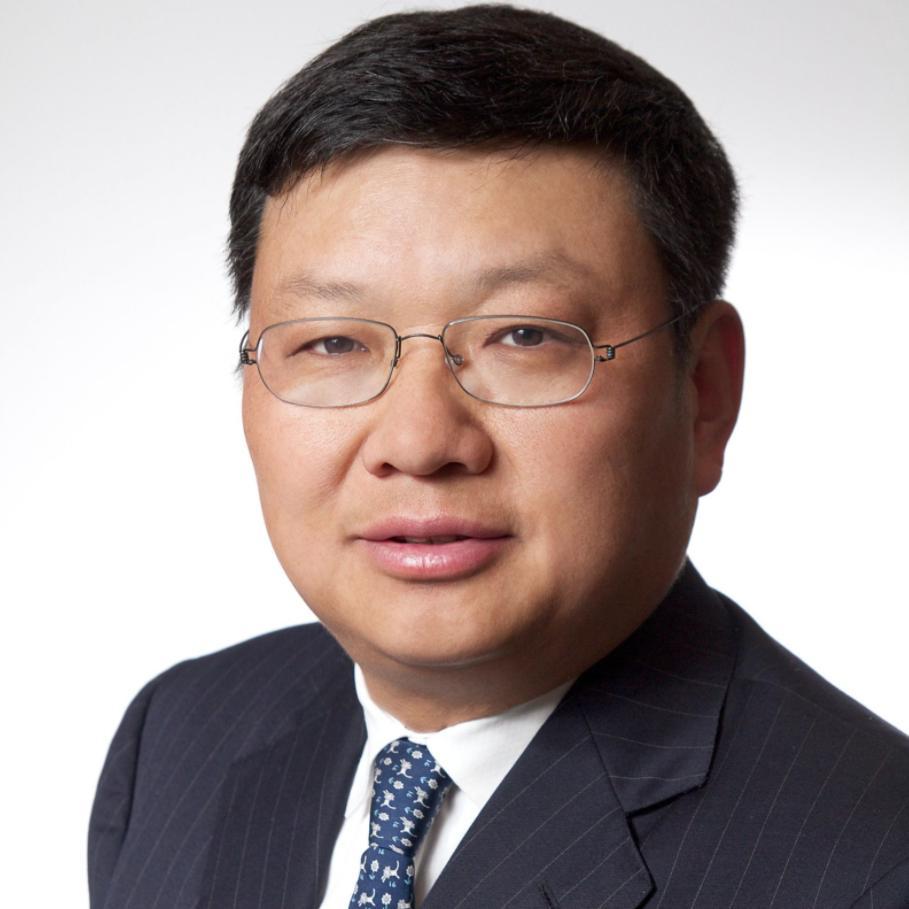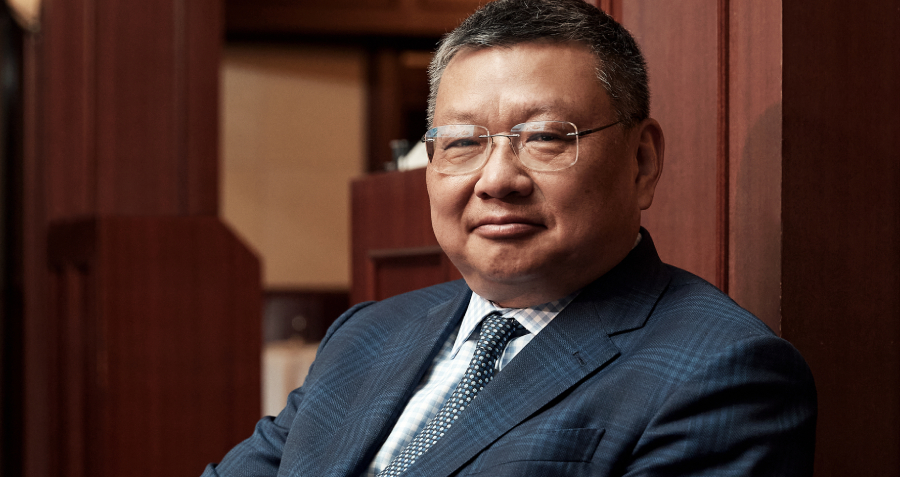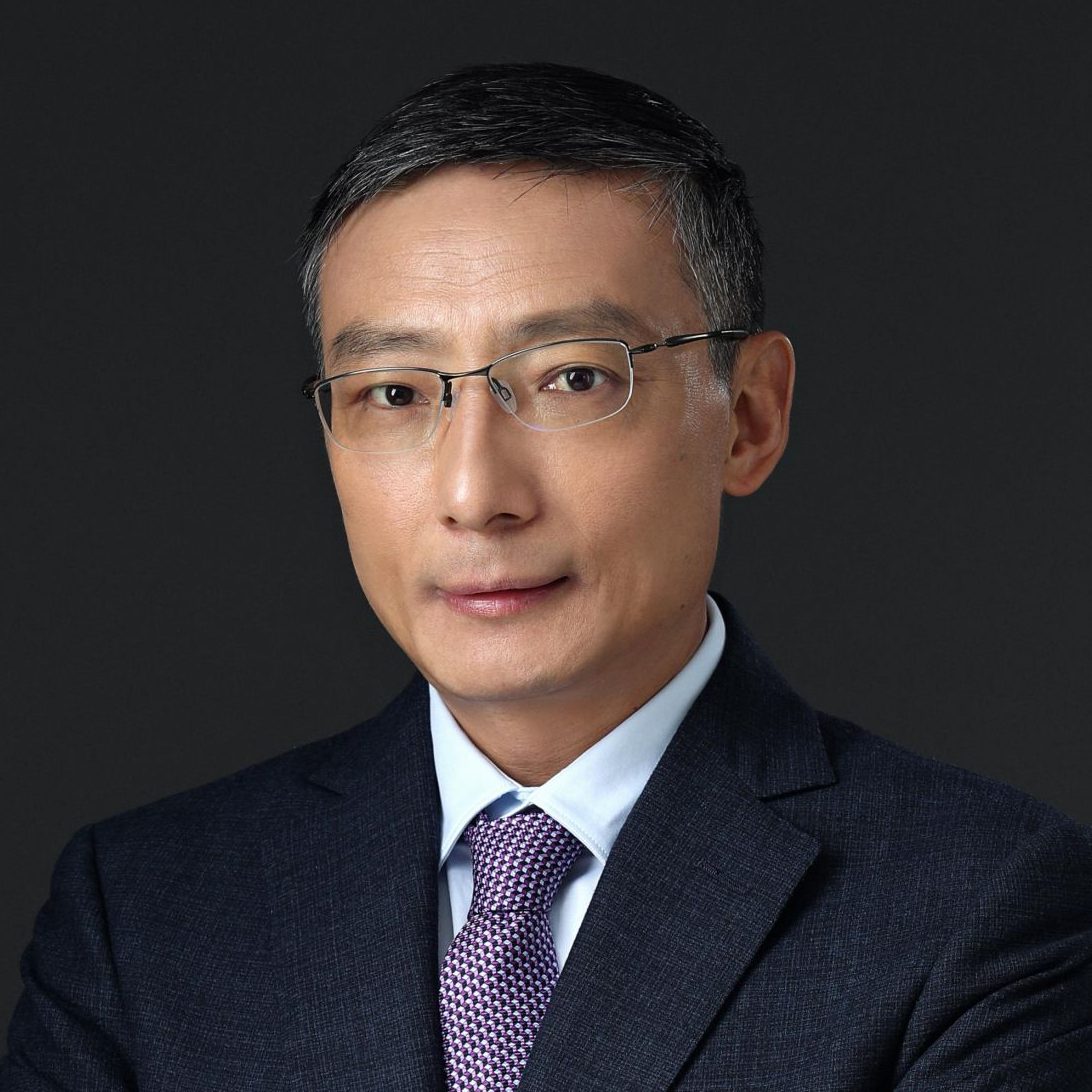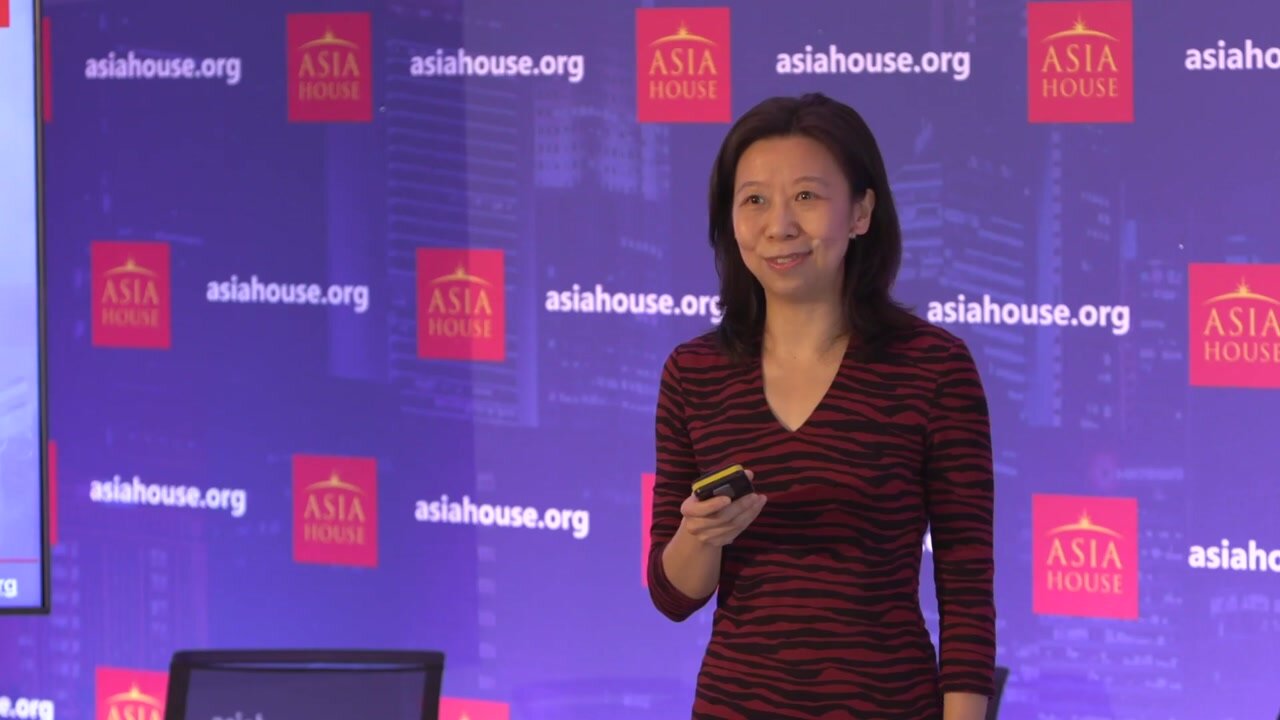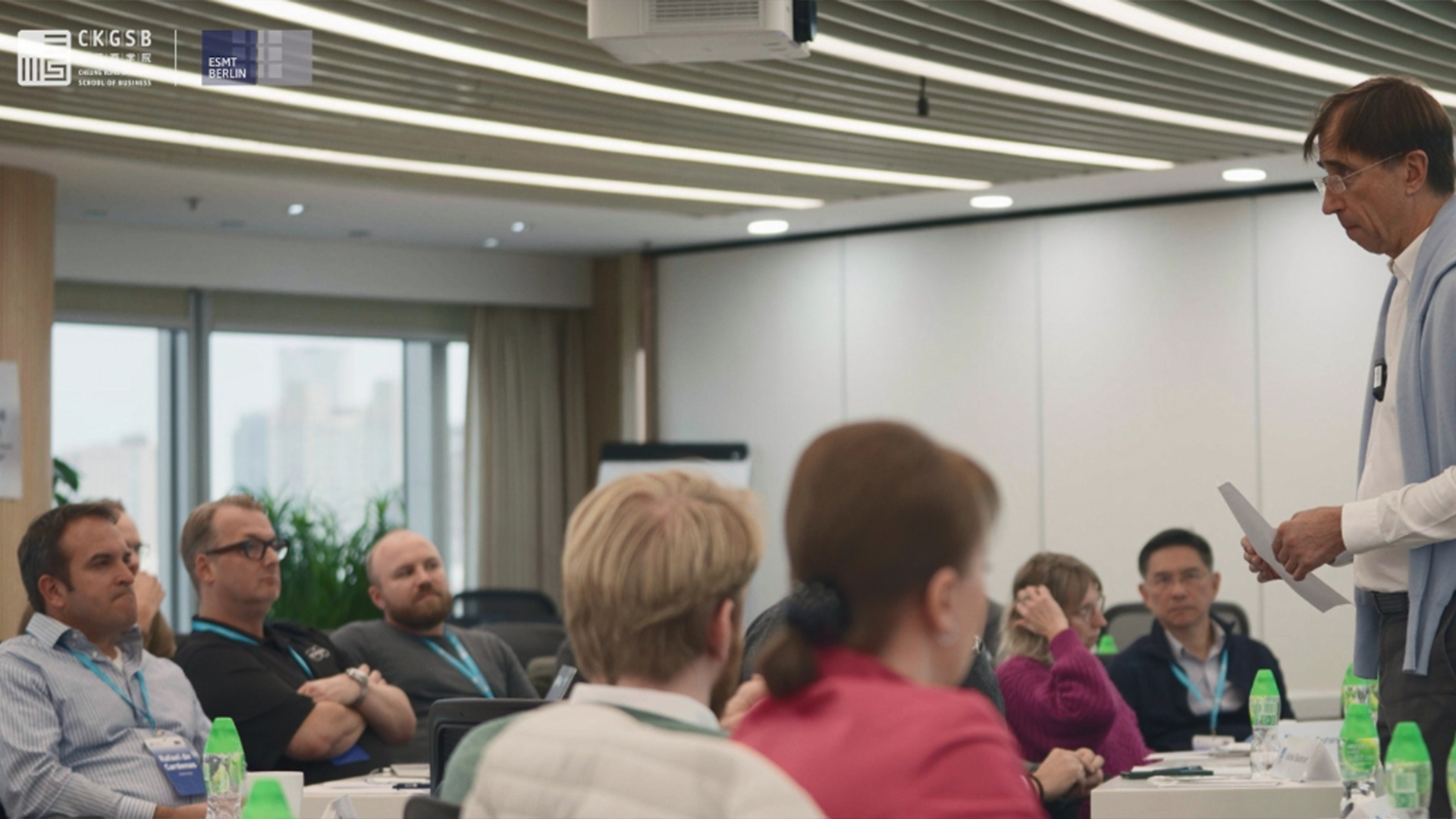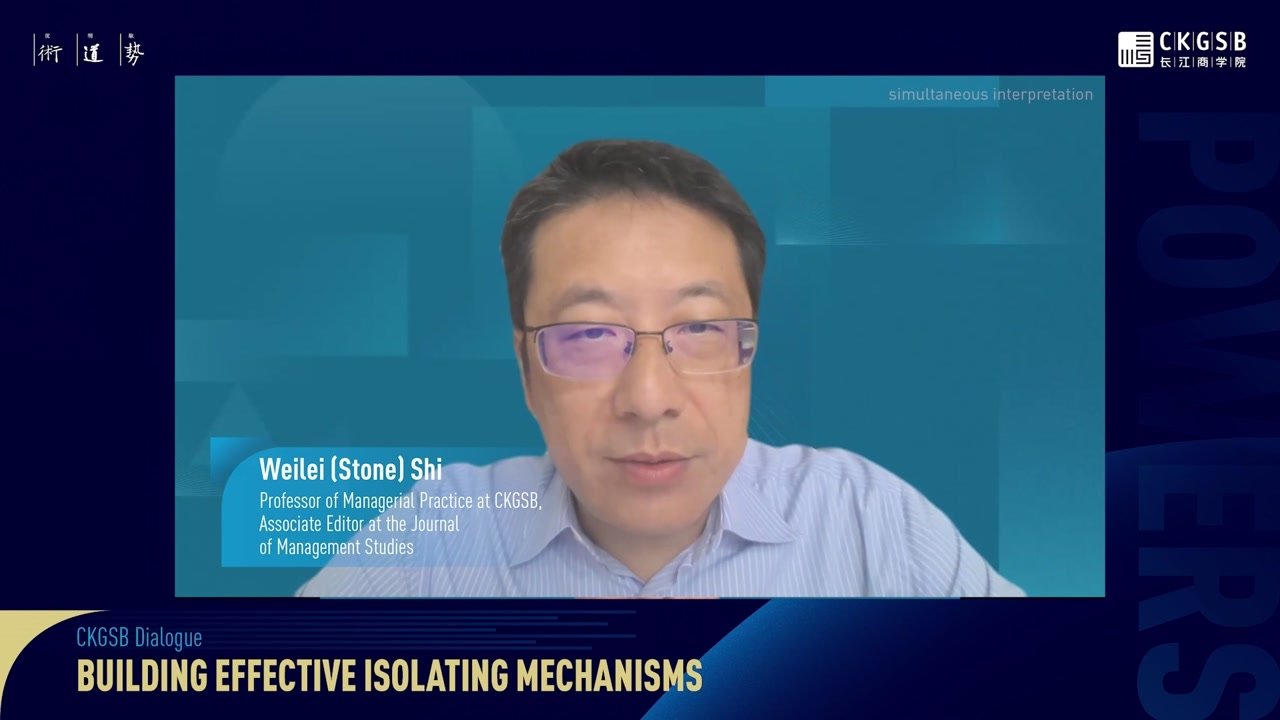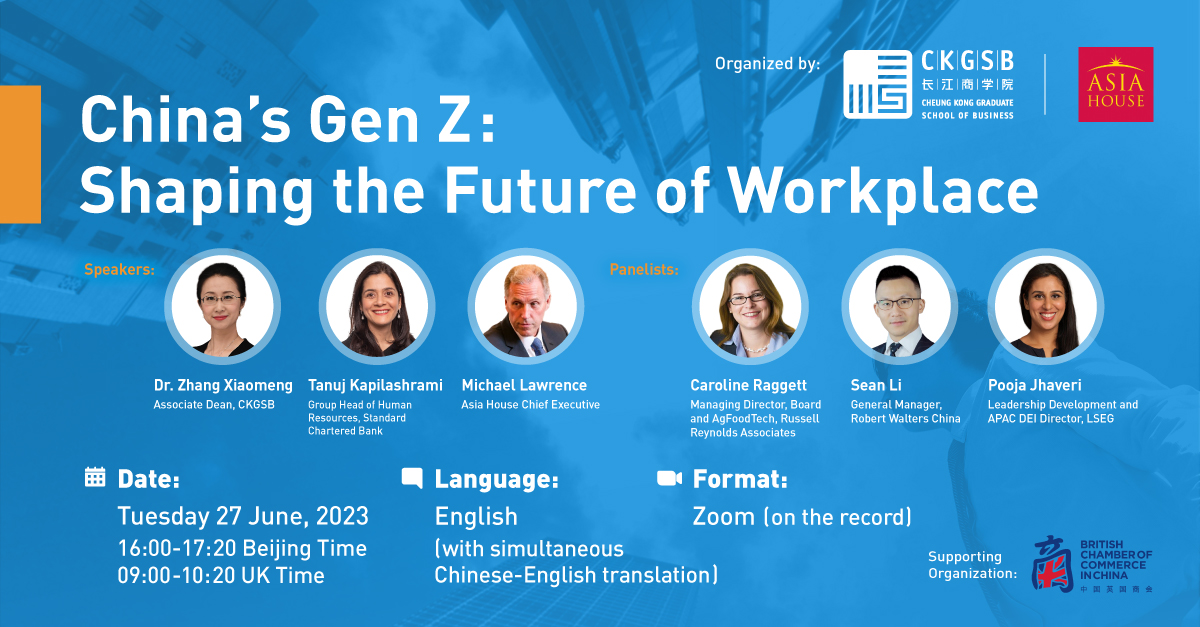Made in China 2025: Looking at a decade of China’s self-sufficiency drive
Developing Brands in China: AI is driving forward an already digital-forward market
Shipping and Logistics: China’s expanding maritime role
Robotics in Industry: China is set to lead in the application of embodied intelligence

PROFESSOR ANALYSIS
See More

CKGSB Publication
China and the Global AI Race
This white paper shows how organizations can thrive by leveraging China's deep integration of artificial intelligence with its advanced manufacturing and data ecosystems. Understand the profound shifts happening in open-source AI, robotics, and leadership, and see how they are creating new models for global growth and innovation.
Discover








